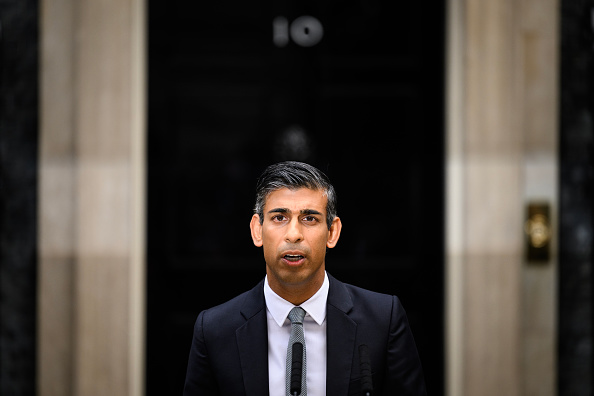What’s in a year? Hopefully one without a new prime minister or an election

I think we can all agree that 2022 was a year to forget, at least for now, with the death of Her late Majesty Elizabeth II, massive turbulence in Westminster with two prime ministers, a disastrously received slate of fiscal policies, not to mention the loss of Sidney Poitier, Meat Loaf, Barry Cryer, Bernard Cribbins and others, and the brutal suppression of ongoing women’s protests in Iran. Now as we relegate the year to the past, what will the next 365 days hold to delight, dazzle and surprise?
Here is a starter for ten (million): house prices at end the year were significantly lower than they began as demand slumped amid a widespread lack of cash. This is marginally good news for first-time buyers, though they might find themselves only facing less unaffordable house prices, but it will cause heartache among property-owners, despite repeatedly favourable conditions. As a society obsessed with the Englishman’s castle, we will regard this as A Bad Thing.
Real wages will decline to the same point sufficiently distant in time to be regarded as an “historic” low. This will matter, because voters will notice their declining spending power (as they have done already). The government will ascribe this to global economic conditions, while the opposition will blame the uniquely picturesque mismanagement of the Conservatives. The electorate will not believe either side very much, but will blame the government because that is what happens to governments when times are hard.
It will not all be black clouds. Inflation will begin to level off and then decline: it has already hit its peak and fears of Weimar-style catastrophe are hugely exaggerated. But with current inflation at around 10 per cent and an official target of two per cent, there is a long way to go, and it may be that the days of virtually stable prices are over for the foreseeable future. Those coming into financial independence over the next year or two will need to realise that they live in a world very different from that of their parents.
Moreover, if I may offer the most substantial of hostages to fortune, the signs of Covid-19 will continue to fade and we will continue, slowly, to return to “normal” (whatever that means). This will help us get a better sense of the landscape of the After Times. What will working patterns look like? For many, the five-day office week is far from the norm, and working from home at least one day a week is an assumption. It will be interesting to see how far employers are willing to let the remote working line spool out, and when they judge it has reached its limits.
The last prediction is good or bad news according to taste. There will not be a general election. The current Parliament, elected in December 2019, must be dissolved on 17 December 2024 at the latest, with an election following on 28 January 2025. I doubt that the prime minister will leave it till the last gasp—no-one likes to sacrifice all flexibility or fight for power in the middle of winter—but there is no reason to call an early poll. The current indications are that the Conservatives will lose, perhaps badly, and Rishi Sunak will need economic recovery and some other sparkles of good news if he is to make a real dent in Labour’s poll lead. The longer he waits, the more time there is for his and his party’s luck to change.
These are guesses. They are based on long experience and close observation, but they remain guesses, albeit educated. We all remember the story of the US Patent Office commissioner who allegedly said in 1899 that “everything that can be invented has been invented”, so anyone can be wrong. But I think this will give you a guide for what to expect as we launch ourselves into this madness again. Good luck!